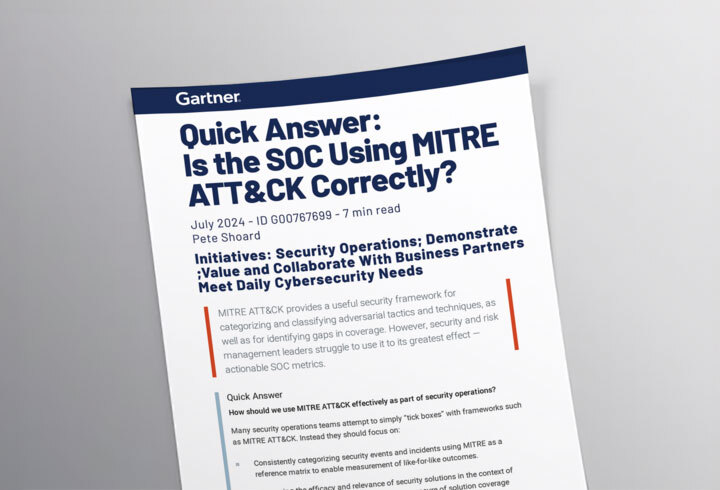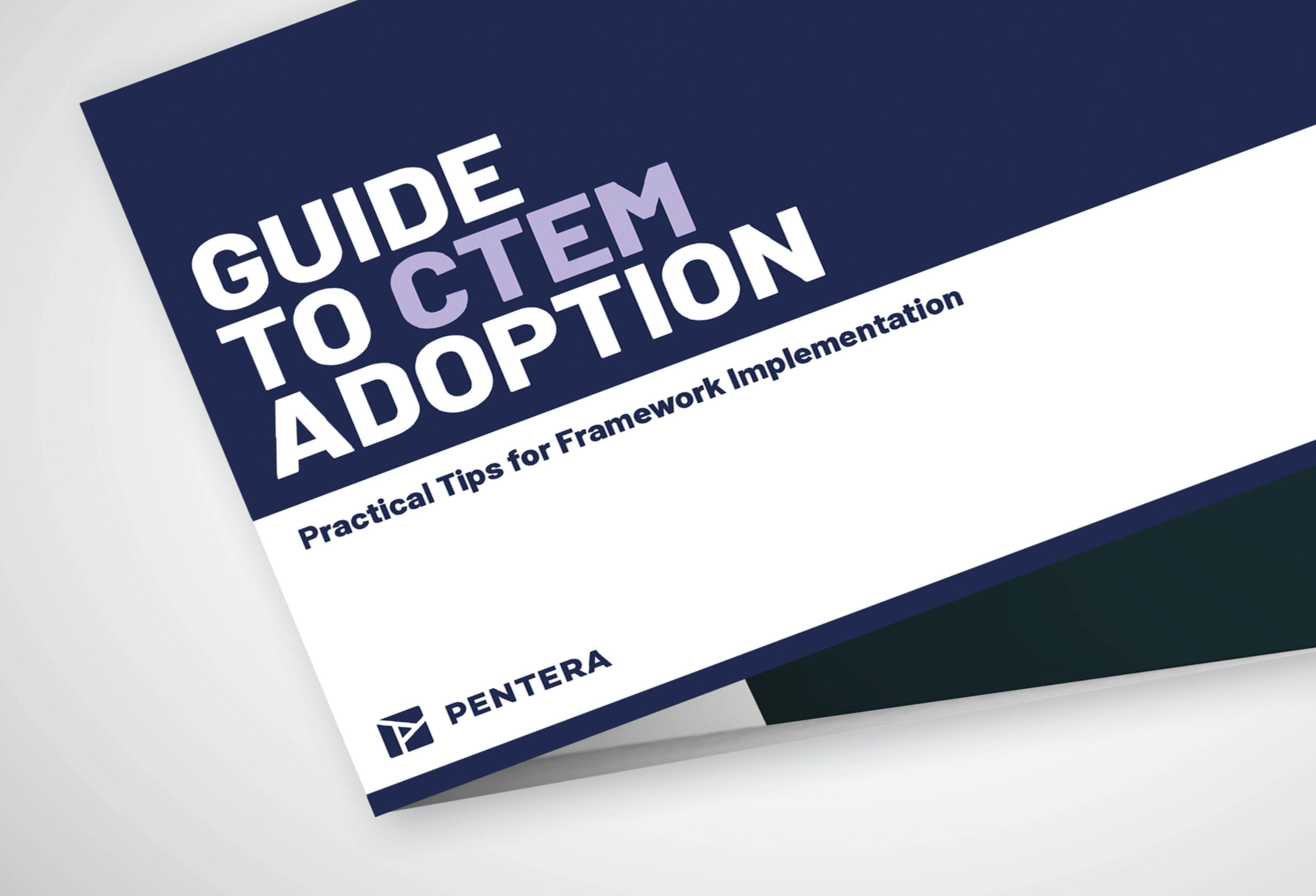What is Automated Security Validation?
Automated Security Validation (ASV) is a proactive cybersecurity practice in which an organization deploys automated software solutions to test and validate its security controls on an ongoing basis. The purpose of ASV is to assess security and identify exploitable vulnerabilities in defenses so that organizations can enhance their security posture.
How does Automated Security Validation work?
Automated security validation works by implementing advanced security tests that emulate real-world attack scenarios using the tactics, techniques, and procedures (TTPs) used by actual threat actors. By leveraging automation, security validation platforms can continuously monitor an organization’s live IT environment and implement techniques like penetration testing, vulnerability scanning, and threat modeling to continuously stress-test security measures and identify gaps in defenses. Reports are then generated to notify security teams of identified vulnerabilities and recommend actions for remediation based on evidence.
Why is Automated Security Validation important?
Automated Security Validation is critical to a strong security posture for several reasons.
Automated Security Validation is a vital aspect of Security Validation, involving continuous automated assessments to confirm that security controls are functioning effectively.
ASV facilitates a proactive defense by enabling organizations to seek out and mitigate exploitable vulnerabilities in their live IT environment before they can be exploited by malicious actors. Additionally, since ASV involves assessing security measures against extensive attack libraries, it enables organizations to ensure that existing controls are up-to-date and fit for purpose in an evolving threat landscape.
By helping organizations maintain a comprehensive understanding of their security posture and attack surface, Automated Security Validation empowers organizations to engage in focused remediation to enhance their resilience and effectively manage risk.
What are the benefits of Automated Security Validation?
Automated Security Validation carries significant advantages for organizations. Key benefits of ASV include the following:Increased visibility: The continuous nature of ASV means it provides greater visibility over the full/complete attack surface in comparison to traditional periodic testing methods which cover only a small percentage of the entire attack surface.
- Increased visibility: The continuous nature of ASV means it provides greater visibility over the full/complete attack surface in comparison to traditional periodic testing methods which cover only a small percentage of the entire attack surface.
- Expedited time-to-remediation: By continuously validating security controls, ASV platforms enable organizations to identify exploitable vulnerabilities in their live IT environments more quickly. This allows security teams to prioritize security gaps that are proven to be a breach point.
- Enhanced detection and response: By leveraging continuous monitoring and assessment, ASV empowers organizations to stress-test new and existing controls to preemptively expose gaps in controls.
- Resource efficiency: By automating security validation tasks, organizations can reduce the need for manual penetration testing, saving time and money in the process.
- Intelligent decision-making: Through real-time assessment and analysis, ASV empowers organizations to make more informed decisions on which vulnerabilities to prioritize, helping to mitigate risks more efficiently.
- Regulation compliance: By continuously assessing security posture and highlighting areas for enhancement, ASV helps organizations to iteratively update and improve their security controls to ensure they remain compliant with industry regulations and best practice standards.
Implementing ASV for comprehensive cyber defense
With constantly evolving threats, organizations need a proactive security approach without overburdening resources with manual testing. Automated Security Validation is essential for maintaining a strong cybersecurity posture. By leveraging automation for security validation processes, organizations can achieve three main benefits:
- Manage the Load: Automating validation helps organizations manage the load of protecting their entire attack surface, rather than focusing on narrow sections.
- Frequent Pentesting: Automation enables organizations to perform penetration tests more regularly, reducing the period between validations from annual or biannual to continuous.
- Clear Remediation Steps: ASV provides clear steps for remediation by identifying what is critical (based on exploitability) and offering precise guidance on how to fix vulnerabilities.
By maintaining visibility over their attack surfaces and being proactive in identifying and remediating vulnerabilities, organizations can significantly enhance their security posture.
What are the key components of Automated Security Validation?
The key components of ASV include automated penetration testing, vulnerability scanning, threat modeling, continuous monitoring, and reporting. These components work in conjunction to provide visibility over the attack surface, assess security controls, identify exploitable vulnerabilities, and provide insights to inform remediation efforts.
What are the emerging trends and best practices in Automated Security Validation?
Emerging trends in ASV revolve around the utilization of AI and machine learning in threat response, the development of cloud-native security solutions, and an increasing focus on API security and zero-trust models.
Why is Automated Security Validation essential for cybersecurity?
Automated security validation is essential for cybersecurity because it facilitates the proactive detection and remediation of security vulnerabilities. By enabling organizations to identify vulnerabilities and close those gaps in a timely manner, ASV allows them to pre-empt potential attacks to reduce the risk of breaches and better protect against evolving cyber threats.
Validate security automatically.
Use automation to validate your security controls.



